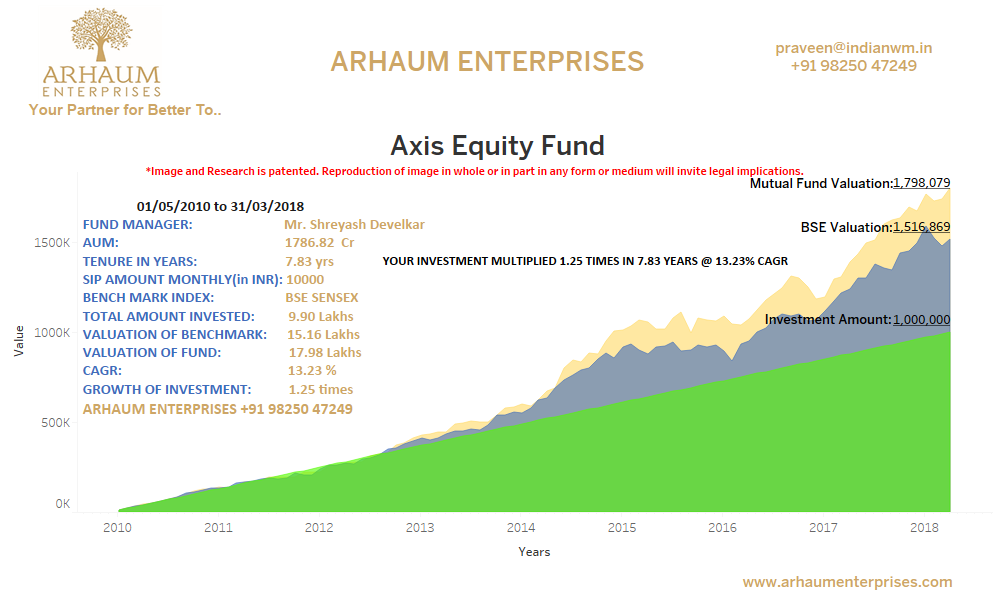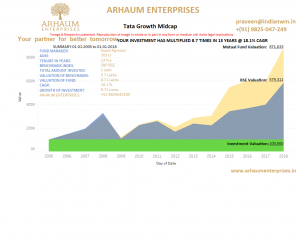Your salary provides you the mechanism to meet your everyday needs, and any surplus is your saving which provide a means to meet your future needs.
It is a general opinion that people who earn more are rich today and will have a richer and brighter tomorrow. Not necessary. Because if that was the case, Vijay Mallya wouldn’t be where he is today. There are cases of so many rich people in India and around the globe, who eventually filed for insolvency in the past. All thanks to mismanagement of money. Many people are making enormous money, but how many of them die a multimillionaire. Not many. Because they might be getting a lavish paycheck, but matched by an equally lavish lifestyle, and before realizing that entire money is gone in a flash. A salary with a large number of zeros at the end won’t make you wealthy, how well you treat your salary certainly does.
• You don’t have to spend all your salary: After ploughing through for a full month 10-7 each day, you get your salary, you feel you slogged for it and you deserve to spend it the way you want to. You do deserve the money, no second thoughts, but spending do need some serious consideration. You have to save a fraction of your income to ensure that you don’t run out of money when there is none coming. This fraction determines your spending and not the other way round, meaning, if you get a salary of Rs 40,000, you spend Rs 35,000, Rs 5,000 is your saving, next month you spend Rs 39,000, your saving is Rs 1,000, some month you’ll spend the entire 40, another month you’ll spend 44, the extra 4 is on your credit card. Can you feel the clutter? It is because this is not how it works. So let’s unclutter it a bit, your salary is fixed, Rs 40,000, let’s fix your savings too at Rs 15,000. So each month salary 40,000, saving 15,000, spending you have to manage within 25,000. This Rs 15,000 each month, put in the right direction will make you wealthy in the long run.
• The salary shouldn’t be lying in your salary account: Dear Customer, your account is credited with Rs XXXXX on 1-Jul-17, salary for the month of June 2017. You spend from this account over the month, there is some surplus in the account, then again next month you get the same message, and this continues, month over month and year over year. Many salaried people have lakhs of rupees resting @ 4% in their saving accounts from the money thus accumulated. Your savings are dying a slow death this way, when they have the potential to grow at double or triple this number, so why are they not exploring better options, why are they not living to the fullest?
• Save Tax: Paying tax pinches, because a substantial chunk of your salary, you have to give to the government. And the irony is, taxes are directly proportional to your income, the higher the salary, the higher the tax. You are earning to live your dreams and not to pay 30% as tax. If you can alleviate your tax liability (legally), so why not. Therefore, your investment list must have tax saving at the top. Investing in tax savers will increase your net income as well as will get you a decent return on your investment. When you invest Rs 1.5 Lacs in a tax saving instrument, you save Rs 45,000 (taxes saved assuming 30% slab) + 12,000 (Return from your investment, assuming 8% fixed return), a total of Rs. 57,000.
• A salary increase = A savings increase: The general reflex action to a pay raise is we fall prey to the consumption instinct. When your salary increases, the need to splurge increase, a wage hike proportionately increases the standard of living. And a dominant part of the additional expenditure is on stuff that we can easily do without. Ideally, when your income increases, your saving & investment must also increase in a similar proportion. This will make sure that your investments are able to catch up with your escalated lifestyle.
The above thought-points form the protocol for a productive management of your salary, and if followed religiously can create magic. Money management has to be pursued at all times, irrespective of which end of the hierarchy you are at, the bottom most or the topmost, because building wealth is a lifetime goal.
“Your salary gives you a start, the end is a wealthy you.”




